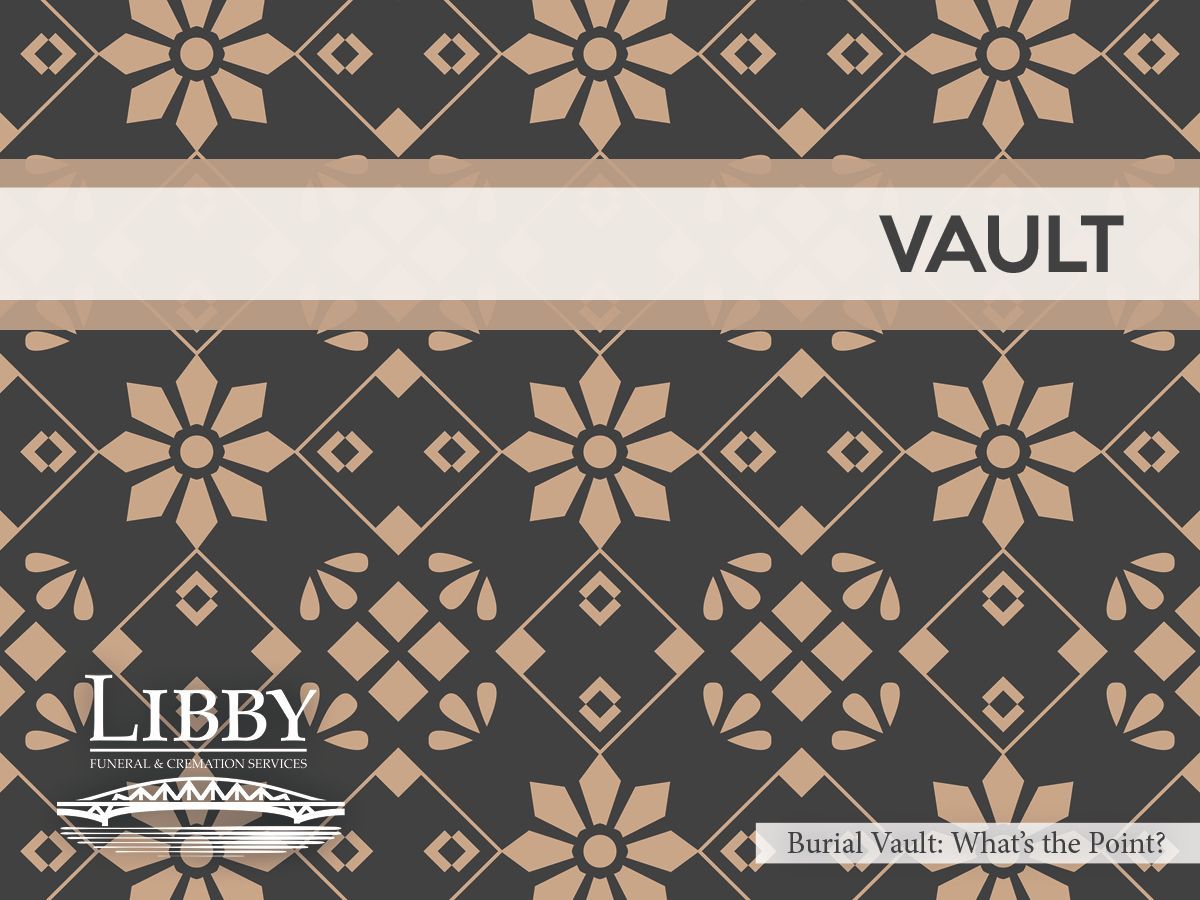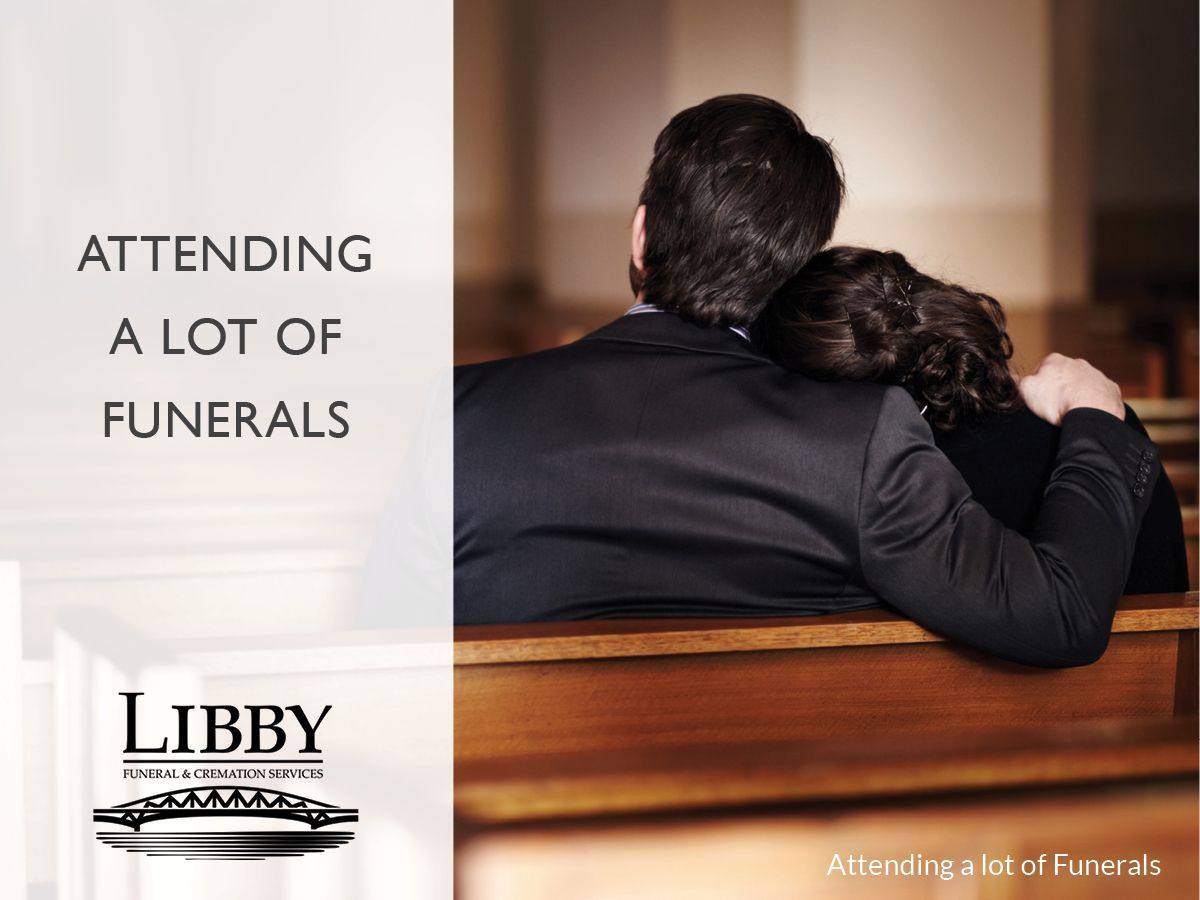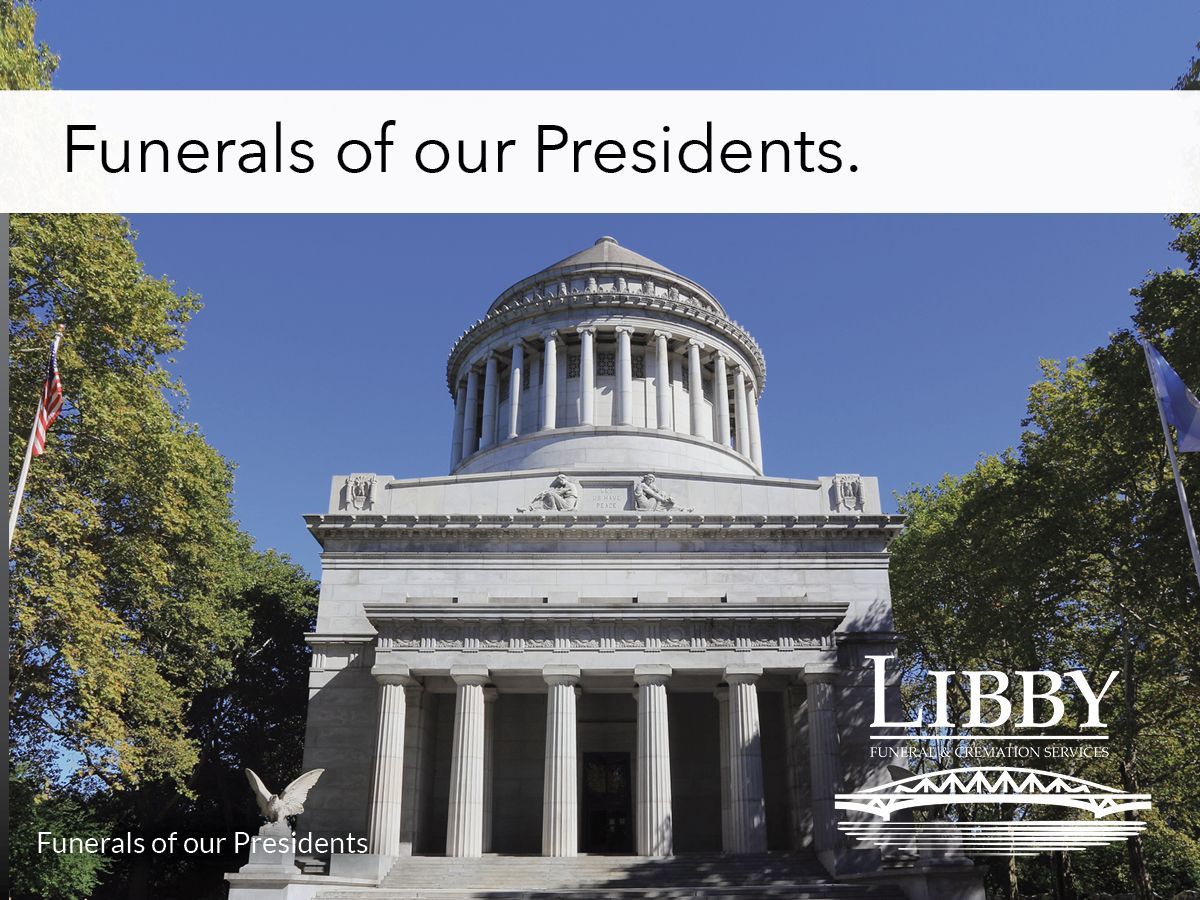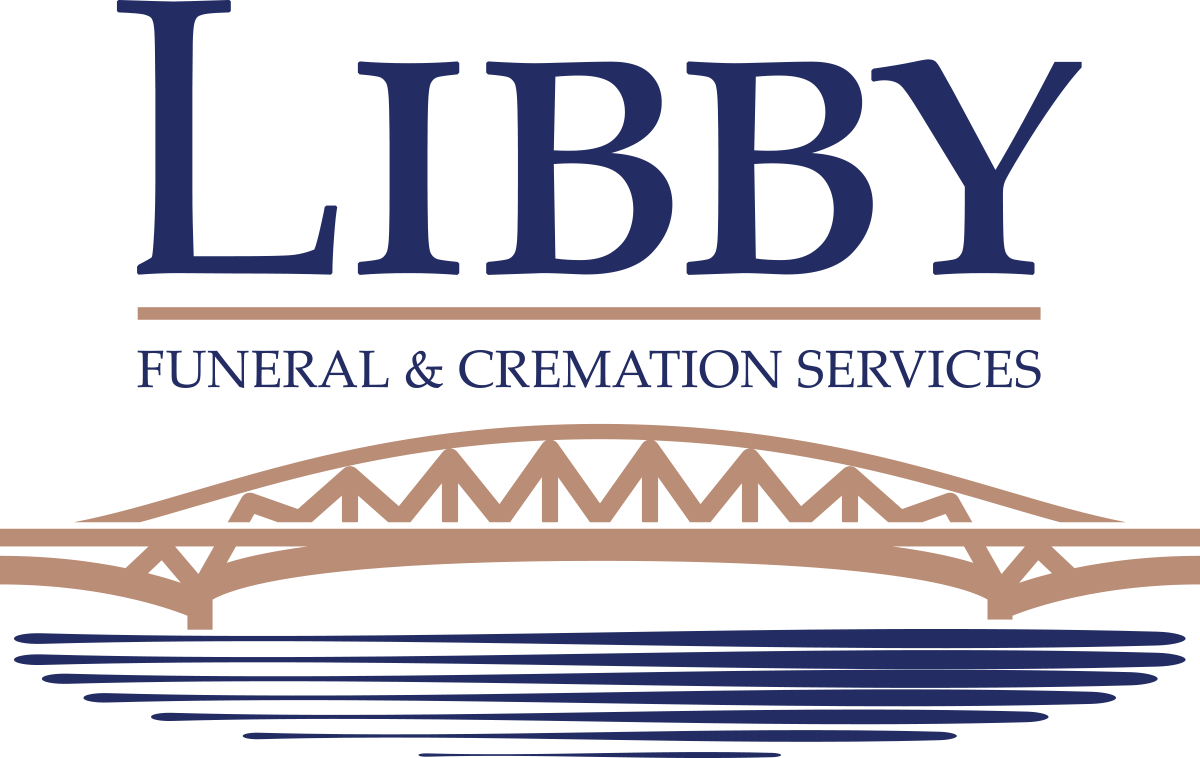For immediate need of our services, we are available 24/7. Contact us at (845) 831-0179
Embalming … What Funeral Directors Do
What is embalming?
Embalming is the art of slowing the decomposition of the human body. The embalming process is carried out in a clean environment, and proceeds in a fashion similar to medical procedures.
First, the body is washed and sanitized, and the limbs are massaged to remove stiffness. The facial features are then set, eyes closed, and jaw fixed in a pleasant expression. The body’s own arterial system is used to replace blood with embalming fluid. The abdominal cavity is drained of fluid and gas and embalming fluid is injected into the organs. Once the body is prepared, the hair is washed and arranged, cosmetics are applied, and the body is dressed.
Why embalm?
We embalm because we are humans and it is human nature to want to see the person who died. “Seeing is believing” is often said and certainly true, especially when death is sudden or unexpected. We humans have a basic need to see in order to accept the reality of the death. Most people want and need time for a final goodbye. Embalming improves that experience and makes the body presentable.
Have we always embalmed?
Evidence has been found that as long ago as 5000 to 6000 BC, the Chinchorro culture of Chile and Peru practiced embalming. Ancient Egyptians believed the soul would return to the body, but only if it could recognize the body it belonged to. They developed complex rites and rituals surrounding mummification, a form of embalming. Embalming was also practiced by Aztec, Mayan, Ethiopian and Tibetan cultures. Xin Zhui, a Chinese noble woman who died 160 BC, was meticulously embalmed and her body is still recognizable today.
Embalming in America began during the Civil War. Hundreds of thousands of men were dying far from home and their families. Dr. Thomas Holmes was commissioned by the Army Medical Corp to embalm the bodies of Union officers so they could be returned home for their wives and mothers to gaze upon them one last time. Holmes embalmed more than 4,000 soldiers during the Civil War.
Is embalming required by law?
No law requires a body to be embalmed. However, most funeral homes require embalming with some service options. Your funeral director will be pleased to discuss all options with you. Today, embalming is standard practice in Canada and the United States.






365 DAYS OF GRIEF SUPPORT
Sign up for one year of grief messages designed to offer hope and healing during the difficult first year after a loss
Please wait
Verifying your email address
Please wait
Unsubscribing your email address
You have been unsubscribed
You will no longer receive messages from our email mailing list.
You have been subscribed
Your email address has successfully been added to our mailing list.
Something went wrong
There was an error verifying your email address. Please try again later, or re-subscribe.
Translate This Website:





